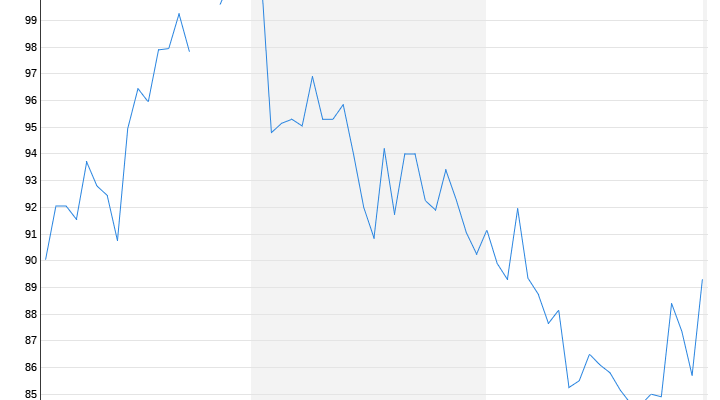Dividend cut
E-fleet becomes a burden for Sixt – landlord pulls the plug
March 1, 2024, 3:28 p.m
Listen to article
This audio version was artificially generated. More info | Send feedback
An advertising campaign didn’t help either: customers avoid electric cars at the rental company Sixt. In addition, manufacturer discount campaigns result in significantly less resale revenue. As a result, the company is noticeably thinning out its connector fleet. The new year is actually starting in the red.
The car rental company Sixt is significantly thinning out its electric car fleet in view of low demand and falling resale prices. As a result of these two effects, Sixt lost significant sales last year and at least a high double-digit million profit before taxes, the company said. After the residual values for electric cars in Germany fell by more than 20 percent last year, Sixt sold vehicles early, accepting losses and increasing depreciation. At the end of February, the electric car fleet was only half as large as it was in spring 2023.
Sixt was disillusioned that even a marketing campaign for electric cars and investments in the charging station infrastructure had not been successful. Electric vehicles will continue to be part of the Sixt fleet in the future, but they will be handled very flexibly. What matters is “what customers demand and to what extent”. Overall, the number of vehicles increased by a good 20,000 to 169,100 on average last year.
Annual sales rose by almost a fifth to 3.6 billion euros. However, earnings before taxes fell by 16 percent to 464.3 million euros and were therefore at the lower end of our own expectations. The lack of demand for electric cars and the 40 million euro loss from the sale of no longer used electric vehicles would have prevented Sixt from generating a record profit of more than 550 million euros before taxes in 2023.
However, the shareholders – especially the Sixt family – have to be content with a lower dividend. Sixt wants to pay 3.90 euros per share for the ordinary shares and 3.92 euros for the preferred shares. That’s 21 cents less each. Despite the dividend cut, the measures were well received on the stock market: common shares and preferred shares rose.
In the current year, the results are unlikely to be much better despite expected significant sales growth. The board of directors forecast earnings before taxes of between 400 million and 520 million euros, i.e. a maximum of around 15 percent more or less than in 2023. In the first quarter, Sixt may even have slipped into the red due to the lower residual values: the loss before taxes is likely between 15 million and 28 million euros. A year ago, the company generated a profit of 33.3 million euros in the usually weak quarter.
